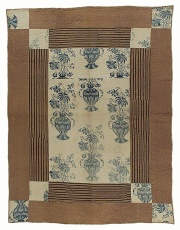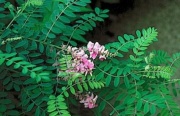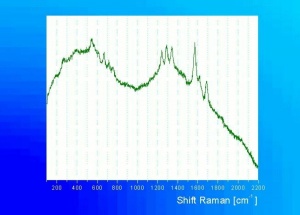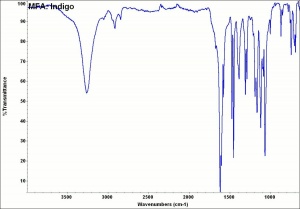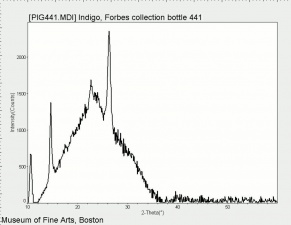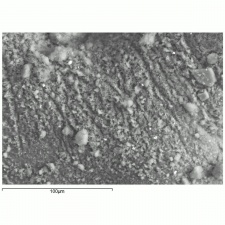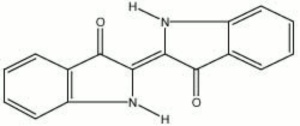Difference between revisions of "Style Guide"
| Line 1: | Line 1: | ||
| − | + | == Discussion == | |
| − | + | Template for a Materials Record | |
To make a new record, type the term into the search box and select go. If there is no record, it will ask if you want to make one. Say yes. It will create the record and give you a blank box. The following template, or sections of it, can be pasted into the box for format then written over with the new text. | To make a new record, type the term into the search box and select go. If there is no record, it will ask if you want to make one. Say yes. It will create the record and give you a blank box. The following template, or sections of it, can be pasted into the box for format then written over with the new text. | ||
My comments are in parentheses; These, and all examples, should be deleted along with any extra line spacing. | My comments are in parentheses; These, and all examples, should be deleted along with any extra line spacing. | ||
Revision as of 18:50, 20 July 2020
Discussion
Template for a Materials Record To make a new record, type the term into the search box and select go. If there is no record, it will ask if you want to make one. Say yes. It will create the record and give you a blank box. The following template, or sections of it, can be pasted into the box for format then written over with the new text. My comments are in parentheses; These, and all examples, should be deleted along with any extra line spacing.
(This first image should be the primary showcase image. To upload an image or file, select upload in the tool box, browse for the file, select, and enter all credit for the image in the box. Once uploaded, copy the file name and paste it into the first part of one of the templates below. The Pipes|| separate sections and allow headers to be created)
Description
(Headers are set off with the double equal signs on each side. The description is a paragraph that should contain the following: material classification, latin name or chemical description, native source or production information, first use or time frame for use in art, preparation method for use in art, stability, related materials, any additional information)
(Second image with format for image title)
Synonyms and Related Terms
(include alternate names starting with the chemical name, followed by formal names, non-English terms, then common names. Separate all with colons.)
2,2'-biindolinyliden-3,3'-dion; Indigofera tinctoria; Natural Blue 1; CI 75780 (natural); Vat Blue 1; CI 73000 (synthetic); Pigment Blue 66; indigotin; indicum (Pliny); indigo (Esp. Fr., Dan.,
(Use the Slider gallery for all analytical spectra)
Other Properties
(include all available properties for the characterization or stability of the material including solubility, absorption wavelengths, lightfastness classification, microscopic appearance. If available, fill out the wikitable. Delete lines for unavailable information)
| Composition | C16H10N2O2 |
|---|---|
| CAS | 482-89-3 |
| Melting Point | 390-392 |
| Molecular Weight | mol. wt. = 262.26 |
| Refractive Index | >1.662 |
Hazards and Safety
(Include all Hazards, Health and Safety information, and links to MSDS sheets)
Fisher Scientific: MSDS
Additional Information
(Place no more than three expert sources for the reader to access for more information)
° H.Schweppe, "Indigo and Woad", Artists Pigments, Volume 3, E. West FitzHugh (ed.), Oxford University Press: Oxford, 1997.
° Pigments Through the Ages: Indigo
(Include pdf files of tables or related information; new line for each file)
Characteristics of Common Blue Pigments
Additional Images
(The gallery is a repository for all additional images; new line for each image)
Sources Checked for Data in Record
(Provide a list of all sources used to generate this record. Make notations if any source provides different values than included in this record. Separate each entry with bullets)
(This bottom line will be created by the program)
